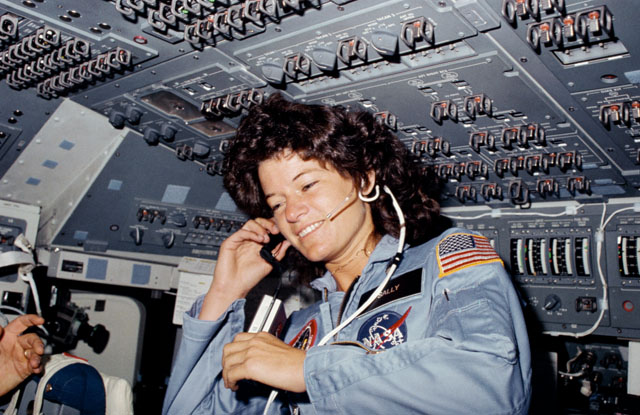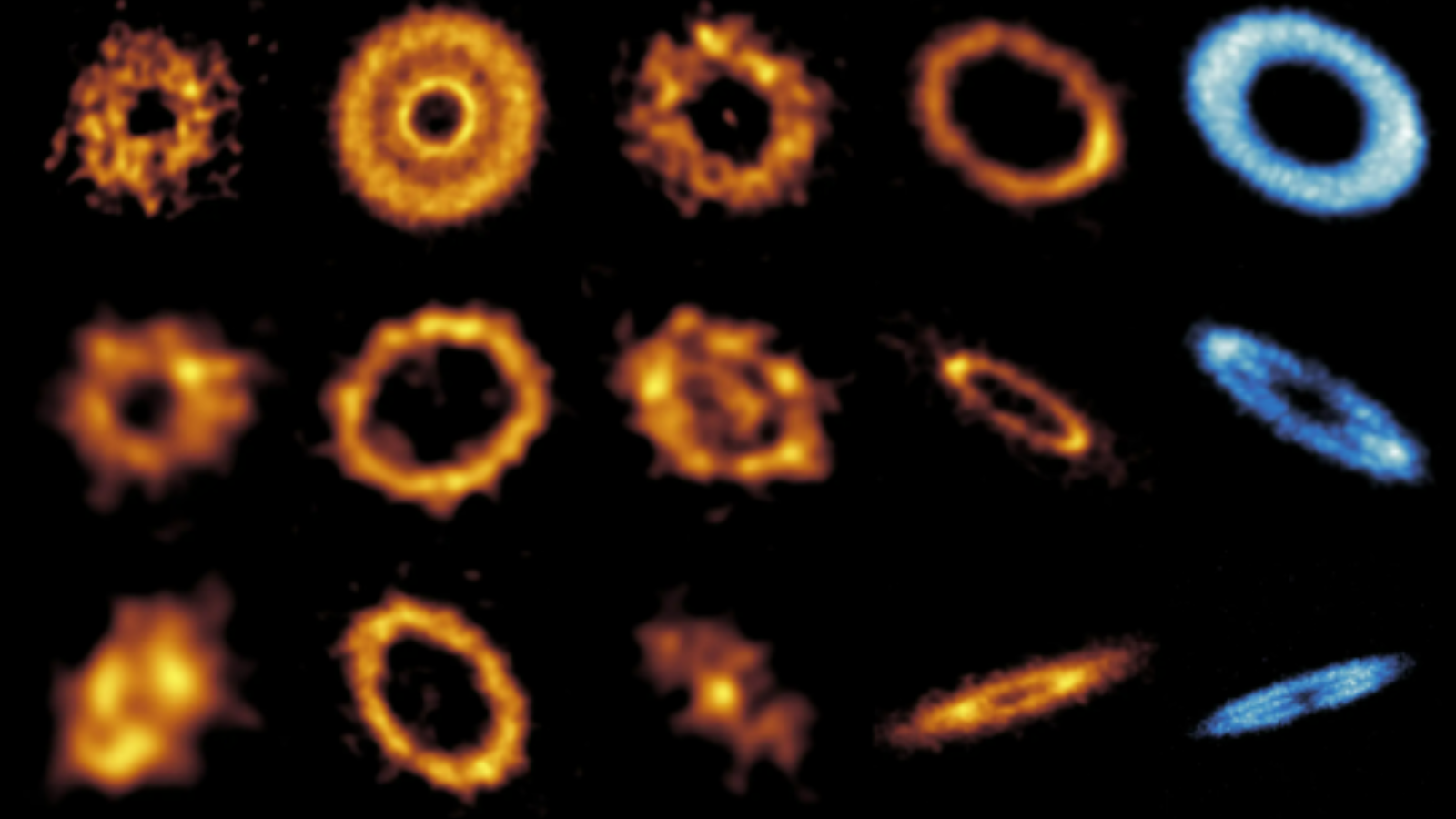Contest Aims to Fly Openly LGBTQ+ Scientist-Astronaut in Space

No one has flown in space while publicly identifying as LGBTQ+, but a new contest called Out Astronaut hopes to change that, and increase the representation of this community in space science and engineering in the process.
The Out Astronaut collaboration recently launched a three-phase contest to find that astronaut, with applications for the first phase due by July 15.
"We believe that communities are empowered when they are represented," the Out Astronaut website said in a statement. "Astronauts inspire our youth, represent limitless possibilities, and serve as ambassadors to STEM[science, technology, engineering, math]." A LGBTQ+ astronaut would not only inspire the community, the website said, but also do cutting-edge research from orbit or suborbit.
Related: This Pride, Be Inspired by Sally Ride's Legacy
The winner of the first phase will receive full tuition and travel expenses to attend the Advanced PoSSUM (Polar Suborbital Science in the Upper Mesosphere) Academy in October at Embry-Riddle Aeronautical University in Daytona Beach, Florida. The academy provides high school and undergraduate students with a hands-on program for research in the upper atmosphere, human spaceflight operations and other technical aspects of spaceflight.
Further phases of the project will depend on how successful fundraising efforts are. Organizers hope that Phase 2 will fund four individuals, including the Phase 1 winner, for the year-long International Institute for Astronautical Sciences (IIAS) Applied Astronautics Program. Phase 2 will also include several more contests, each with varying application dates, for advanced training and flight opportunities in Canada and the United States. Then Phase 3 would send the scientist-astronaut aloft.
Partners in the group include the IIAS, PoSSUM and Stardom Space; the Out Astronaut website is soliciting more donations.
Breaking space news, the latest updates on rocket launches, skywatching events and more!
Phase 1 is open to any LGBTQ+ person between 18 and 39 years old who lives in the United States, Canada, Mexico, the Caribbean or Central America who meets certain technical requirements — having or studying for a bachelor's degree and being able to pass a Federal Aviation Administration Class III Flight Physical.
At least one LGBTQ+ person has flown in space: Sally Ride, who was also the first American woman to reach orbit. She flew on the space shuttle in 1983 and 1984. Ride's sexual orientation was not disclosed until after her death in 2012, raising a discussion of challenges that astronauts (and other public figures) face if they publicly identify as LGBTQ+.
- Why Aren't There Any Openly Gay Astronauts?
- Astronaut Sally Ride: In Her Own Words
- Sally Ride's Life Shines in New Photobiography Book for Kids
Follow Elizabeth Howell on Twitter @howellspace. Follow us on Twitter @Spacedotcom and on Facebook.

Elizabeth Howell (she/her), Ph.D., was a staff writer in the spaceflight channel between 2022 and 2024 specializing in Canadian space news. She was contributing writer for Space.com for 10 years from 2012 to 2024. Elizabeth's reporting includes multiple exclusives with the White House, leading world coverage about a lost-and-found space tomato on the International Space Station, witnessing five human spaceflight launches on two continents, flying parabolic, working inside a spacesuit, and participating in a simulated Mars mission. Her latest book, "Why Am I Taller?" (ECW Press, 2022) is co-written with astronaut Dave Williams.
